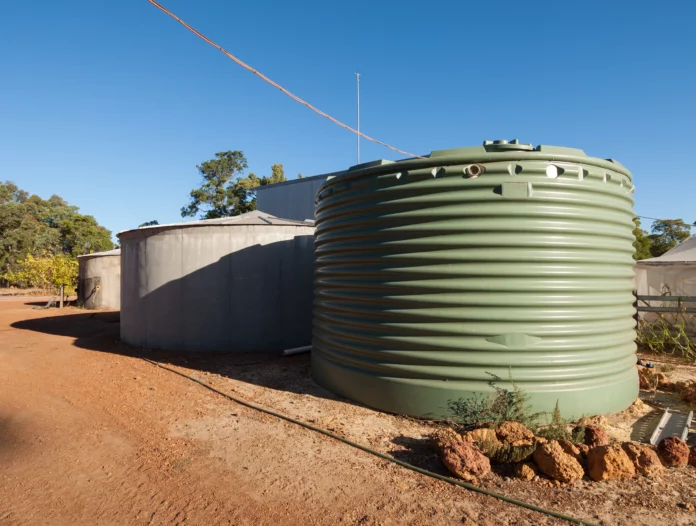“How Subsidies for Drought-Resistant Crops Can Transform the Food and Beverage Industry”
### Introduction
The European Commission is paving the way for a groundbreaking change in the agriculture sector by offering subsidies to farmers who invest in drought-resistant crops. This move comes as a response to the increasing pressure on Europe’s water resources due to climate change and industrial demands. The subsidies aim to encourage farmers to adopt more sustainable water management practices, such as investing in precision irrigation tools.
### The Impact of Subsidies on Agriculture
– The European Union’s Common Agricultural Policy (CAP) is a significant source of farming subsidies, accounting for a third of the bloc’s budget.
– These subsidies will provide farmers with the financial support needed to transition towards more water-efficient farming practices.
– By promoting the adoption of drought-resistant crops and precision irrigation tools, farmers can mitigate the impact of climate change on their yields.
### Transforming the Agricultural Landscape
– Agriculture is one of the sectors most vulnerable to climate change, with farmers facing challenges such as droughts and floods.
– The subsidies will enable farmers to make structural changes to their operations, improving their environmental and climate performance.
– Investing in water management will not only benefit farmers but also contribute to the overall sustainability of the agriculture sector.
### Strengthening Water Sector Investments
– The European Investment Bank will play a crucial role in supporting water sector investments, including projects that restore ecosystems like wetlands.
– These investments will help create natural buffers against floods and enhance the resilience of Europe’s water resources.
– The exact funding allocation from the European Investment Bank is still under discussion, highlighting the importance of continued collaboration in addressing water scarcity issues.
### Conclusion
The introduction of subsidies for drought-resistant crops marks a significant step towards sustainable agriculture in Europe. By incentivizing farmers to adopt water-efficient practices, the food and beverage industry can become more resilient to the challenges posed by climate change. This shift towards sustainable farming practices not only benefits individual farmers but also contributes to the overall environmental health of the region.
### Industry Analysis
The implementation of subsidies for drought-resistant crops in Europe is expected to have a ripple effect on the global food and beverage industry. Here are some key insights into how this development could impact the industry:
– Supply Chains: The adoption of drought-resistant crops may lead to changes in supply chains as farmers prioritize more sustainable practices.
– Pricing: The availability of drought-resistant crops could influence pricing dynamics in the market, with a focus on environmentally friendly products.
– Trade Dynamics: International trade of agricultural products may see shifts as European farmers embrace water-efficient farming methods.
– Strategic Outlook: Companies in the food and beverage sector may need to reevaluate their strategies to align with the growing demand for sustainable products.
In conclusion, the subsidies for drought-resistant crops are not only a game-changer for European farmers but also a catalyst for transformation in the global food and beverage industry. By investing in sustainable water management practices, the industry can pave the way for a more resilient and environmentally conscious future.




